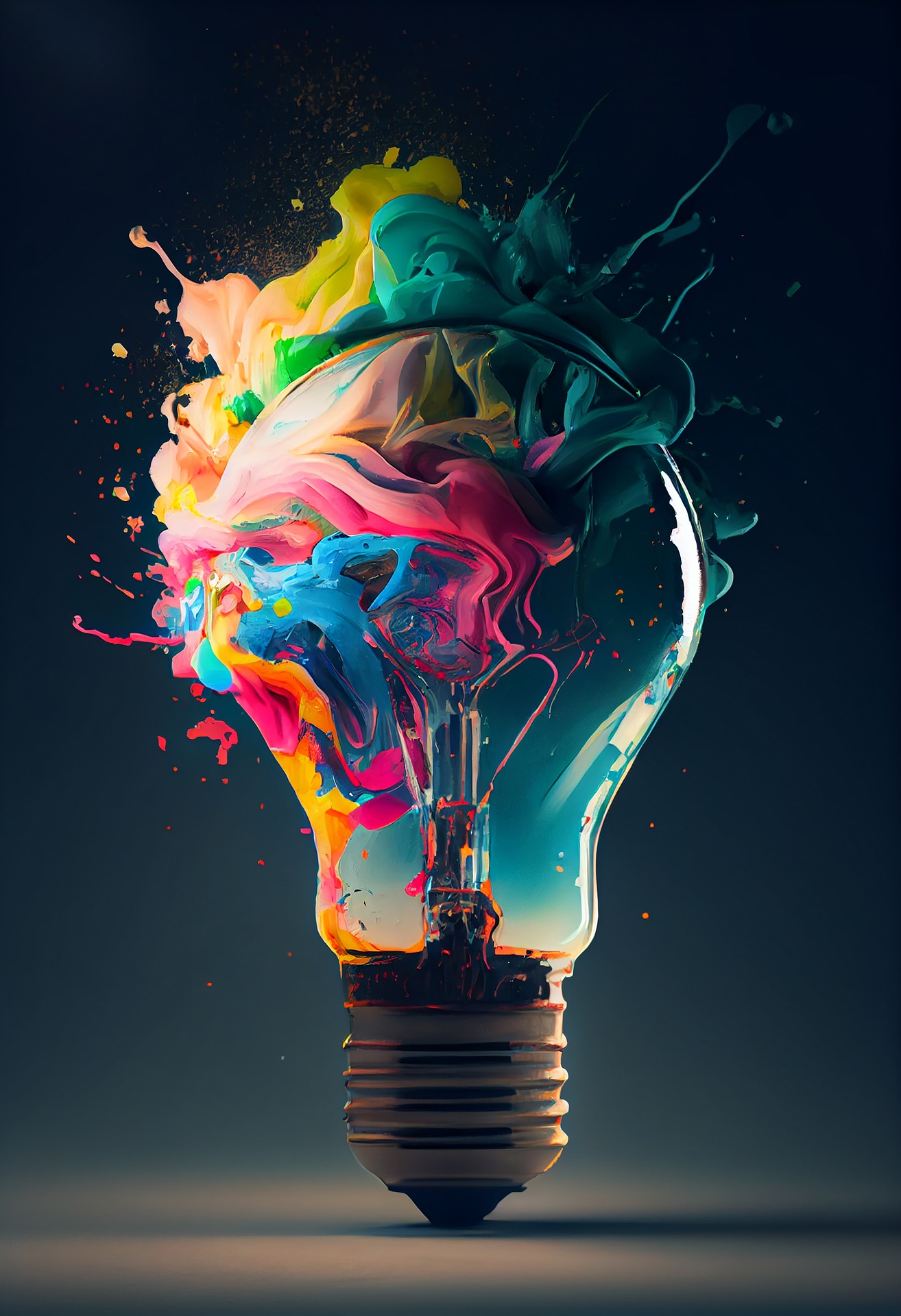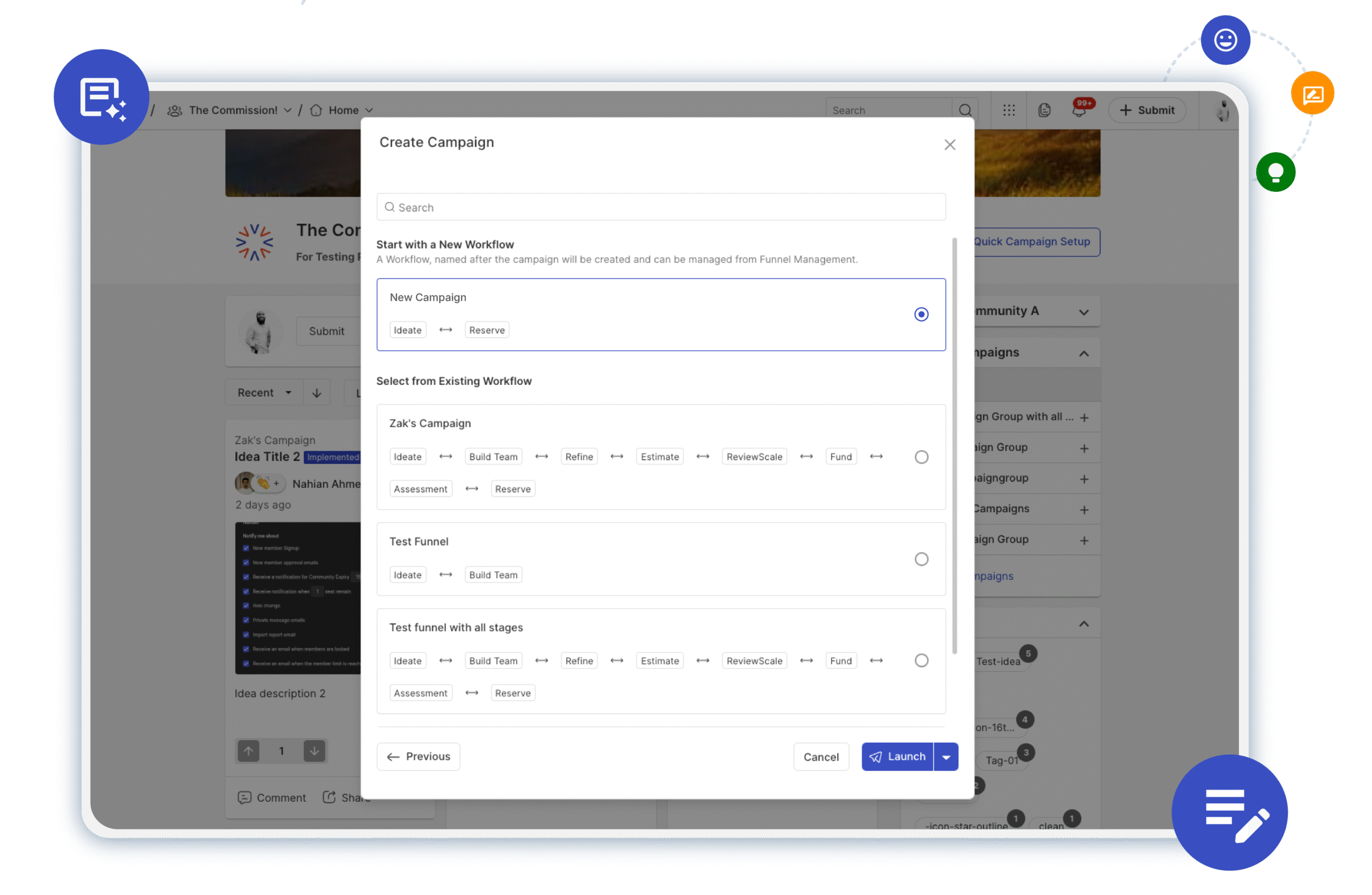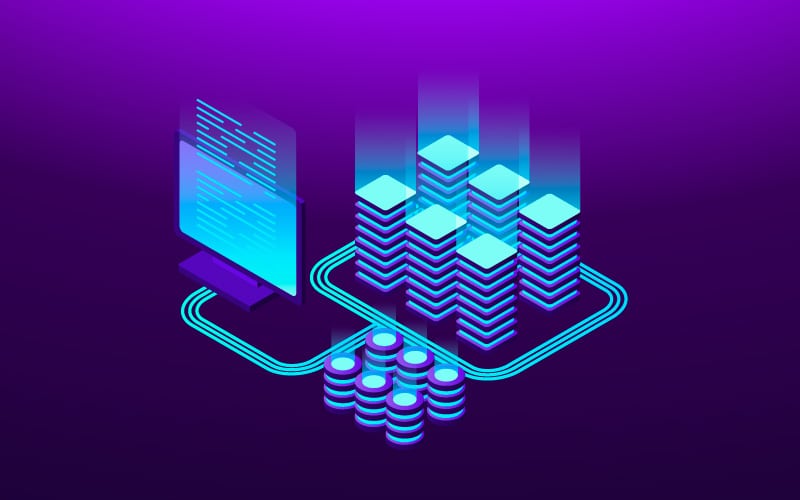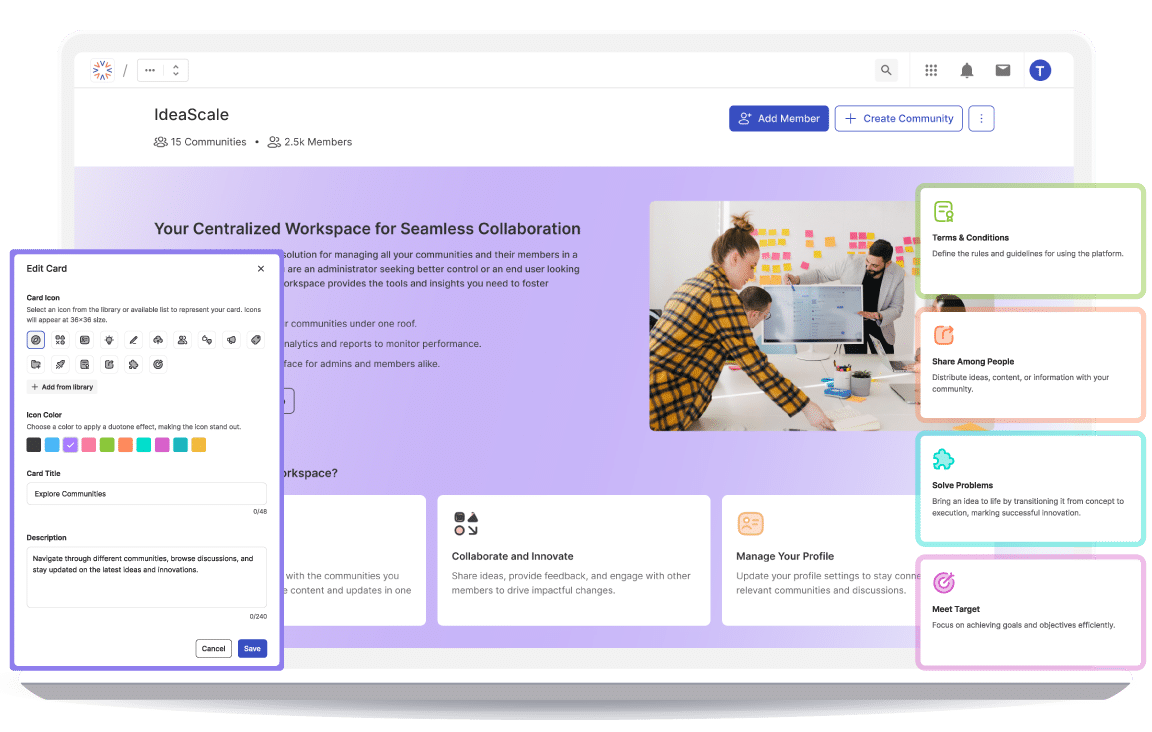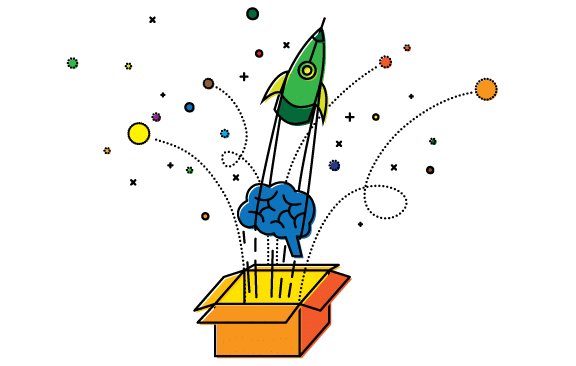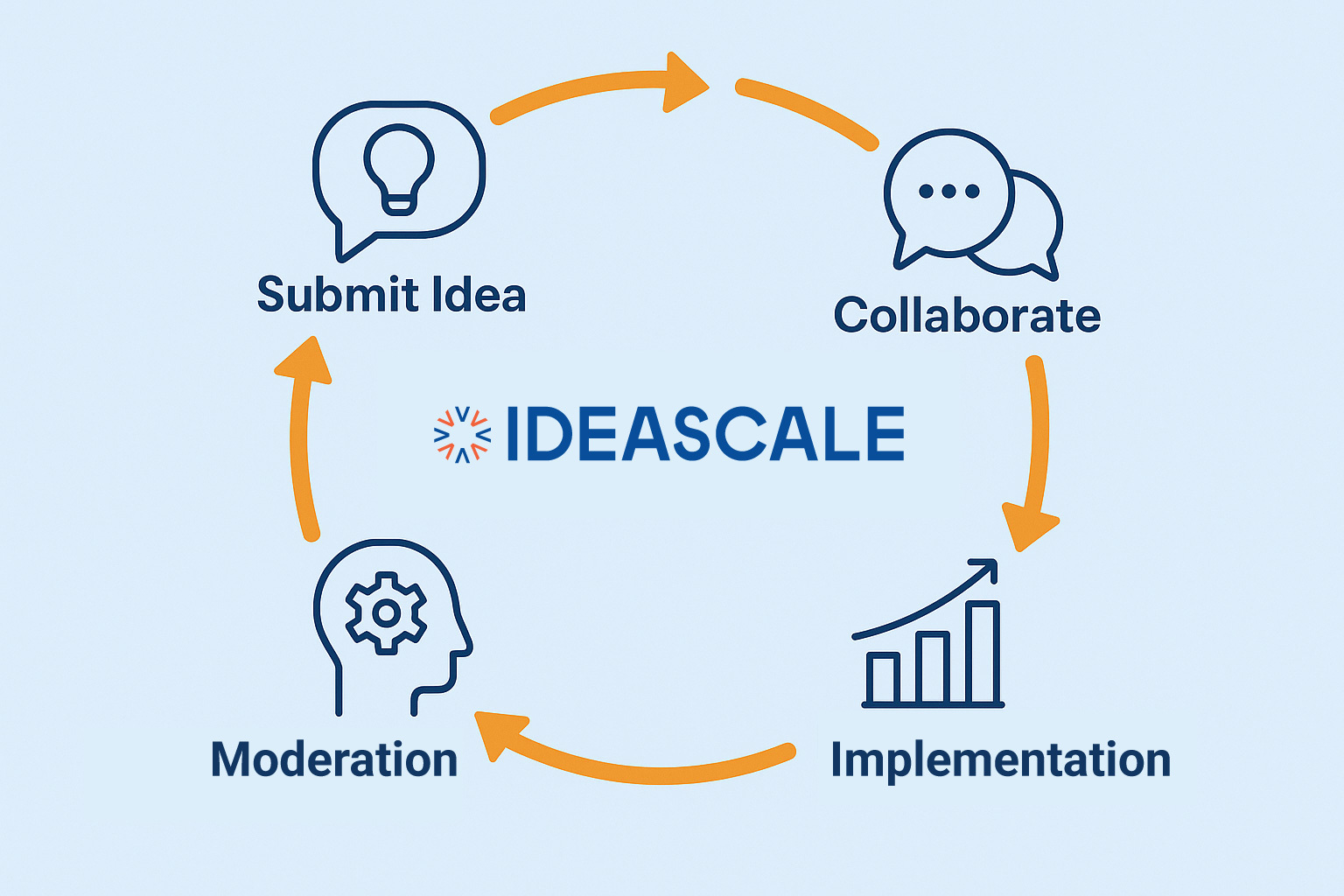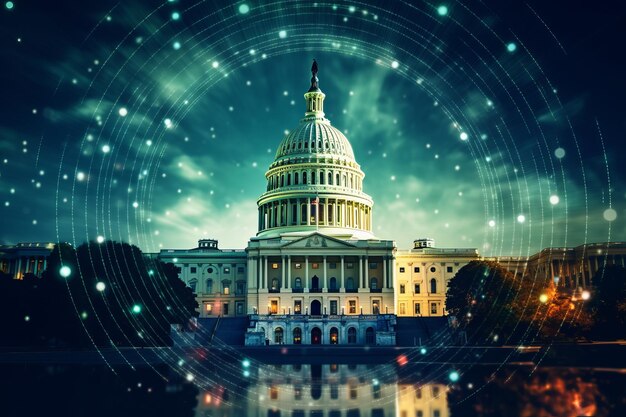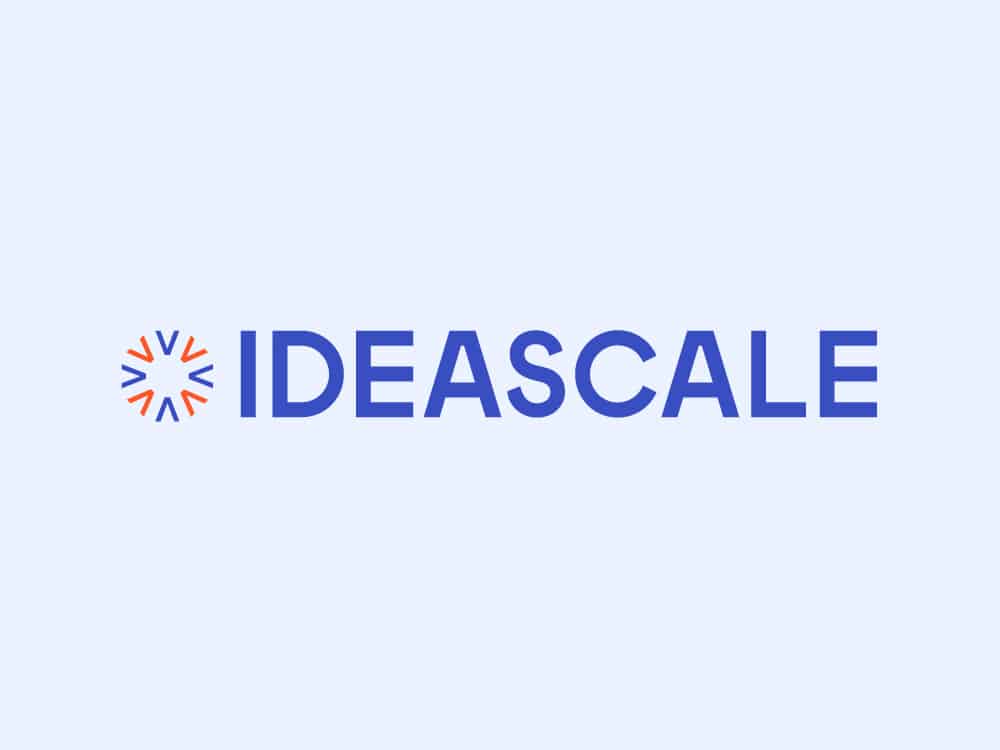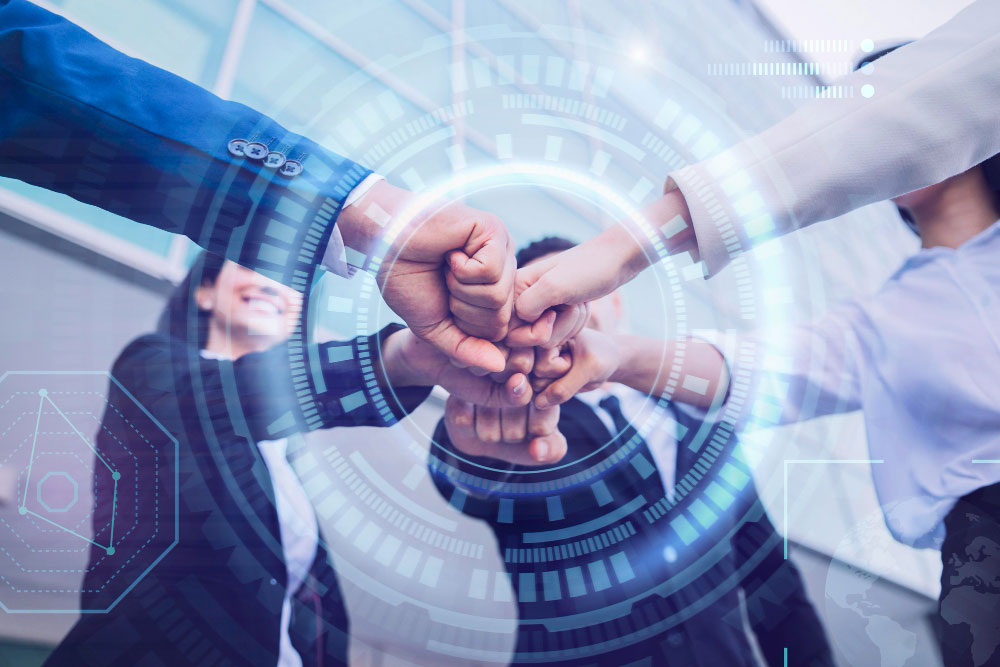OPENING
In an era defined by rapid technological advancements, ‘Humanity 2.0‘ explores the transformative relationship between the historical, present and the future of humanity, artificial intelligence, capitalism and other technologies. As our creations increasingly mirror our desires and aspirations, this journey delves into the profound implications of making creation in our image. From envisioning a future where advanced technology reshapes societal norms, this exploration unfolds the evolving narrative of AI becoming a reflection of our collective imagination. Read through with me on the ever-blurring boundaries between human ingenuity and the limitless potential of artificial intelligence, forging an advanced humanity where our creations embody the essence of our collective aspirations.
THE IMPORTANCE OF IMAGING
Imagine! Imagine what? Imagine if you could live longer. Imagine if you could go to another planet just as freely as you go to the movie theater. Imagine if there were no crime. Imagine if the animals stopped going extinct. All these things are possible. In Figure 1 let’s look at how dictionary.com describes the word ‘imagine’ in its literal sense in Figure 1. The website, dictionary.com says it means ‘to form a mental image of something not actually present to the senses’ or ‘to think, believe, or fancy.’ Imagination is nothing more than an image, an image of what you desire to manifest.
Now I want you to form an image of something you want. A better job, better health, or maybe phones where the batteries never need charging. Keep that image as we move forward!
Figure 1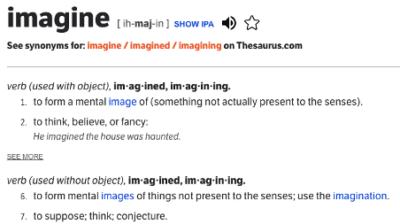
Now look at the thesaurus sample in (Figure 2) from Colins Dictionary. The thesaurus helps us think of things in various contexts; it is the right brain of definitions. The synonym words I wanted to mention that stood out to me are create, invent, and plan. It is the contexts and word variation that help manifest innovation. This is why free word association is so important to ideation. Just thinking of an image and then jotting down on paper all of the pro and con words that come to mind from thinking of the image.
Figure 2
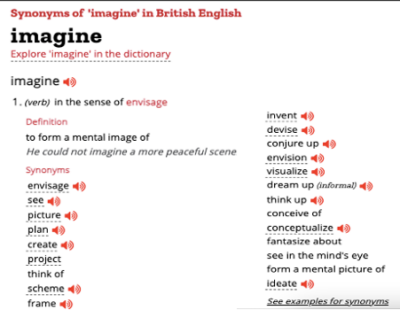
WE COULD HAVE NEVER IMAGINED TODAY
Is it conceivable or reasonable for humans to travel to another galaxy? Most people would say it is not, but I would say it is very much so a certainty.
In my mind, as much as something seems inconceivable, it is just as much conceivable because you have already thought about it, and if you have already thought about it, then you can create it. Just as going to the moon was once inconceivable, it is now conceivable?
As we journey back to 1800, a time when capitalism was in its infancy, the Southern region, then part of the Confederacy, struggled with a dearth of economic avenues. The Pilgrims, who settled in America, often grappled with poverty. The evolution of capitalism over the subsequent centuries played a pivotal role in shaping the diverse and flourishing job market we know today, and thankfully so because back then there were very few ways to make money. The expansion of capitalism happened over a period of a couple of hundred years between the 18th century and the early 20th century; however, modern capitalism didn’t truly take foot until the early 20th century.
In the vast landscape of the 21st century, the array of professions and opportunities to make a living seems boundless. Reflecting on personal qualifications alone, I can think of a number of jobs I could do or may be qualified for, and likewise, anyone else might easily conjure up a list of at least 50 viable career paths. This abundance stands in stark contrast to the limited economic options faced by individuals in the early 17th, 18th, and 19th century United States.
Thinking about the world and all the things’ humans have done to each other from slavery in the 1600-1800s to the persecution of the Jews, to Global Wars on Terror. In most societies, capitalism and innovation are big reasons why we can live largely without constant fear of persecution, and it will be a big reason why we will become the very essence of perfection in the future. Contemplating the historical to present narrative, the transformative power of capitalism and innovation becomes evident. The journey from the atrocities of slavery in the 1600-1800s to the global conflicts of the 20th century underscores the profound impact of human progress fueled by economic and technological advancements.
BREAKING BARRIERS BY PUSHING THE LIMITS OF HUMAN IMAGINATION AND INGENUITY
In the current era, technology not only shapes our present but also holds the promise of sculpting our future. As evidenced by the surge in consumerism, technology has consistently aimed at providing accessibility, comprehension, and opportunities for everyone. Psychologically, humans are predisposed to prioritize their own survival, often resorting to harm when feeling threatened, misled, or deprived. Therefore, by ensuring people’s survival is not jeopardized, deprived, or subject to chaotic conditions, we eliminate the majority of motivation for them to harm others. Consider the hypothetical scenario: what if the technology we possess today were available during the darkest chapters of human history? Could the advanced capabilities of the 21st century have prevented the beginning of the slave trade of the 17th century? The notion leads us to a compelling theory that with our current knowledge and capabilities, such atrocities might have been averted. Fast-forwarding to the contemporary geopolitical landscape, where conflicts like the war in Gaza and the Ukraine-Russia war persist, we ponder the potential impact of future technologies. Just like if we could deploy today’s technology to previous periods of oppression, imagine possessing today the advancements anticipated in the year 2100 – we could better manage global crises and foster a harmonious coexistence. Hollywood movies are a good indicator of what humans are curious about, what we are motivated to do, and what we are concerned about. Drawing inspiration from the movie ‘Demolition Man’ where futuristic technology reshapes society, we confront the idea of rendering certain destructive elements like guns obsolete as shown in Figure 3. We have shown a clear capability to mold ourselves into the image we aspire to become as well as create things in our own likeness.
Figure 3
HUMANITY 2.0
Artificial intelligence has truly emerged as a transformative force capable of dismantling barriers within the human family. Technological marvels such as remote work, the metaverse, and multilingual machine translation models exemplify the power to dissolve borders and enhance human understanding. These innovations enable us to comprehend and appreciate the diverse tapestry of the human race, breaking down the barriers that once separated us. In essence, as we continue to push the boundaries of human ingenuity, the trajectory of technology points towards a new humanity far from anything human. We are not merely shaping our tools; we are shaping ourselves, evolving towards a future where the limitless potential of artificial intelligence converges with the collective aspirations of humanity. In this symbiotic relationship, the image we project onto our technology reflects the image we strive to become.
In this day, with technologies such as artificial intelligence, metaverse, or 3d printing and so on, everything you could want can be made for you how you want it, when you want it, and where you want it.
From your wildest meal recipes, tailored personal branded clothing, customized cars, sexual preferences, brand of cereal, robot companions, or ride-sharing service and more, it is all catered to you. Everything is super commercialized, or what I call microcapitalism. If it does not exist it can be made. The socialist idea of creating experiences, traditions, and norms so that everyone can have their own catered seat in a very large worldwide stadium makes ideal sense, but pushing people out of capitalism is a bold and tough move. However, I do believe that humans need to move to a collectivist society in order for us to truly advance. Balance is the key, not extremist socialist or capitalist views. Ultimately, it is when we don’t hate each other, when we don’t deprive each other, when we understand each other and work together that humans survive and make great strides.
BEYOND THE FACADE: WHEN PROGRESS CONCEALS OPPRESSION
It seems to be that when humans realize their power and its potential to be detrimental that they have a reason to advance, to innovate, to fight for a better existence and to become something much better.
Just as in the example I gave above about the slave trade in America during the 17th-19th centuries, that all started because the Pilgrims in America were suffering, and what humans tend to do when they are suffering at the expense of natural circumstances is exploit each other at the expense of their own survival at first, and then it shifts from pure survival to profit, but that is not innovation.
It is this kind of masking and mind warping that is built and engineered generations deep into society and it takes decades to break the corrupt and totalitarian ways of thinking.
In large, most societies do not commit such grievous slaughters on fellow humans any more such as in the American slave trade or the Holocaust. Rather, we justify other actions and engines of the economy that oppress humans with things such as drug trades, corrupt pharmaceuticals, devious marketing, mind-warping, poisonous reality television, vain plastic surgery, gender influencing on young children, and by continually starting wars that use our militaries as a catalyst for innovation, control, and dominance. The list goes on and on, and unfortunately just like the slave trade, we remain ignorant to most of it and believe in naïve fallacy that these things are all the right things to do, actually cultured and humane.
Let’s talk about artificial intelligence and other technologies. All of the big Silicon Valley companies want you to think about how good and great artificial intelligence is, but what they don’t tell you is informally known as ‘forbidden knowledge.’ We deplete and oppress Earth’s resources to create artificial intelligence.
As an example, there literally are hundreds of billions of artificial intelligence devices that require minerals, fuel, and hardware required to ship the devices around the world. None of this is possible without cargo containers. Cargo containers are constructed from elements of the earth, such as carbon, steel, etc., which in return have completely factorized our world, logistically speaking. Cargo containers account for a major portion of carbon dioxide emissions yearly, more than some first-world countries. Due to the fact that shipping companies look to keep their overhead costs as low as possible they use low-quality grade fuel which is estimated to produce over emissions equivalent to 50 million cars or about as many cars as there are in Germany on the road. On top of that, there are thousands of containers lost every year, all of them just rusting on the bottom floor of the oceans and many of them carry putrid and harmful substances to the earth. Industrial power and then consider how these patterns are repeated in systems of labor and data. Many of the big-tech companies license their artificial intelligence platforms to mining facilities that enable data centers which furthermore creates massive CO2 emissions. The dark side of the mining industry as been pushed under the carpet from the general public where the majority of data centers are in desolate deserts which only exacerbates our ignorance. For example, many people are quick to jump on that electric cars are much better than gas-powered cars, and this is not completely true as there are things to consider such as where the energy comes from to charge the cars and how the batteries are manufactured and much more. There are other ways we are being manipulated right behind our backs. Sometimes we don’t even know if we are engaging with an artificial intelligence, such as confirming we are a human on reCAPTCHA from Google. When we mindlessly select multiple boxes containing vehicles, animals, or houses, we are actually consenting to and training Google’s image recognition algorithms for free. I know people that have turned their life around thanks to artificial intelligence and companies in Silicon Valley and as a matter of fact, I would hate to see our world without artificial intelligence, I think we would be far worse off, and that is one reason I became an AI Venture Capitalist because I thought I could put money into the economy and make the world better and improve people’s lives. However, let’s not act blind to the collateral damage that is happening right now from the development of artificial intelligence. For all of the positive about artificial intelligence, these myths exist to cover up the exploitations and oppressions, and these are things we need to be aware of so that we avoid human atrocities and build generations that will advance the human race and sustain our planet. We need leaders today who are not blind to the collateral damage of artificial intelligence and who don’t just accept what they are told in that artificial intelligence is good and fine in its current state but leaders who can imagine, manifest, and innovate a better world that is cleaner and safer for all living things.
If you want a better future for yourself, the human race and our planet, you have to imagine it, then go manifest it.
___________________
How to contact me:
If you want to know more about me, hear more from me or connect with me on LinkedIn, you can do so by viewing my CV here: www.paulclaxton.io
[/fusion_text][/fusion_builder_column][/fusion_builder_row][/fusion_builder_container]Most Recent Posts
Explore the latest innovation insights and trends with our recent blog posts.

